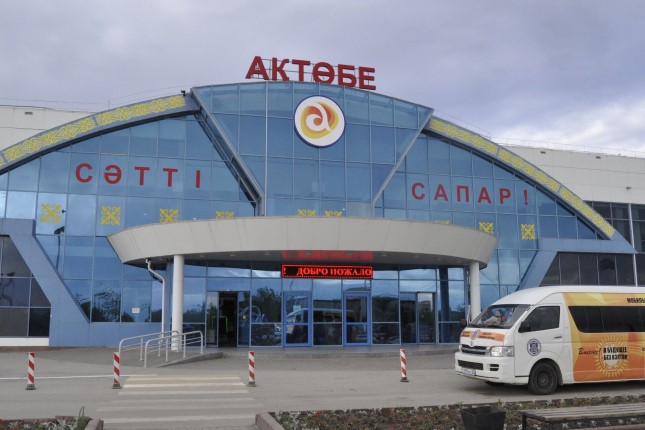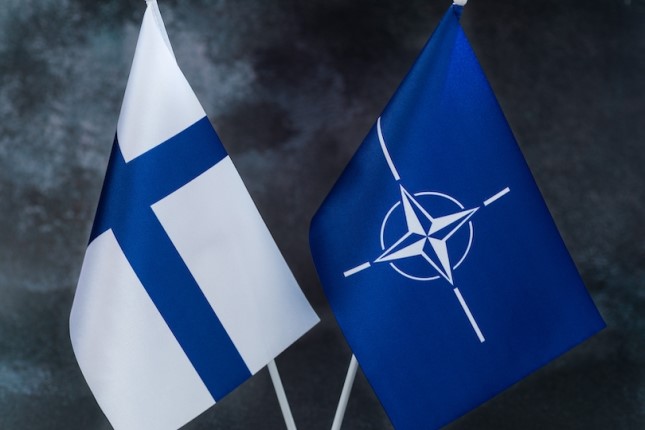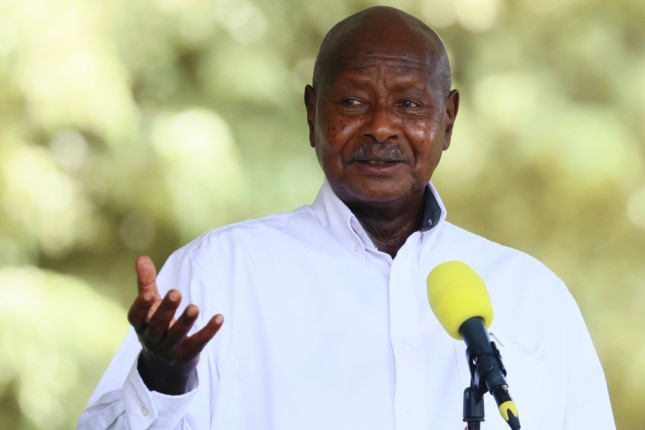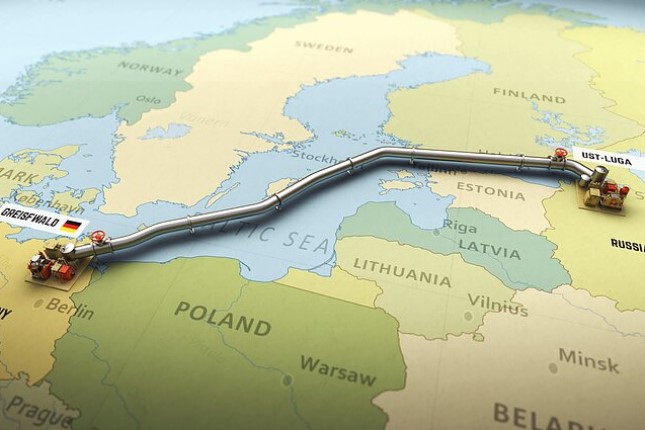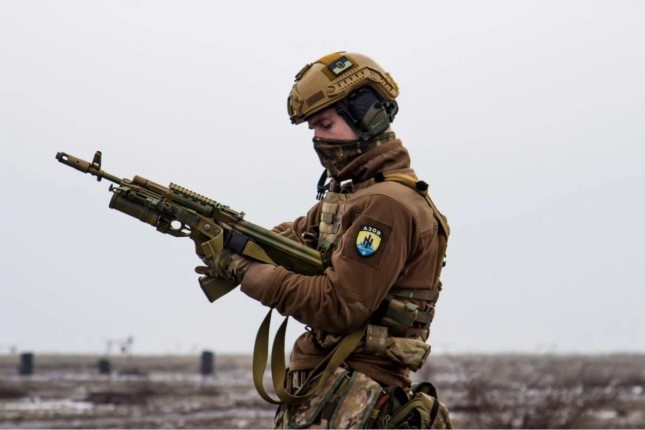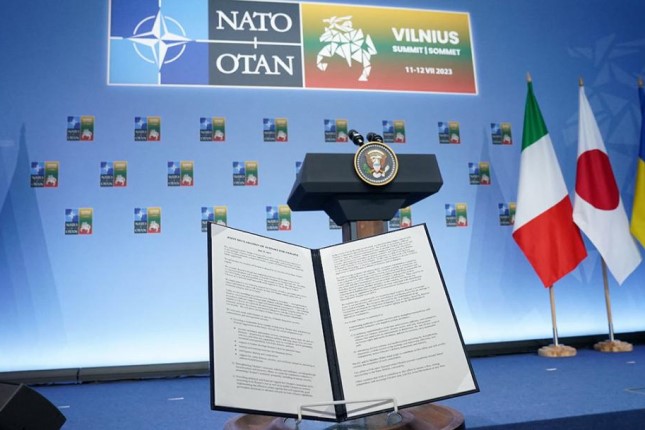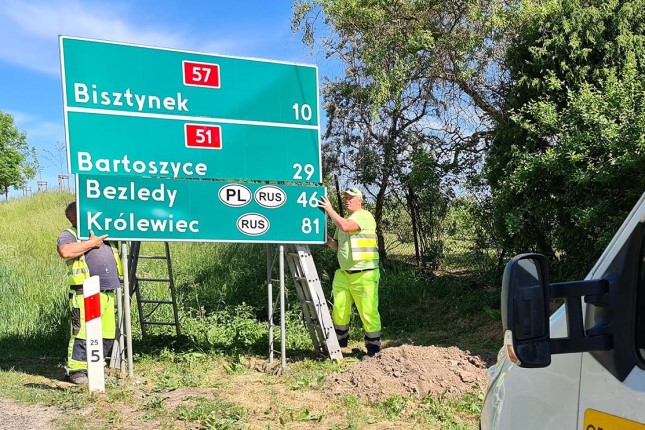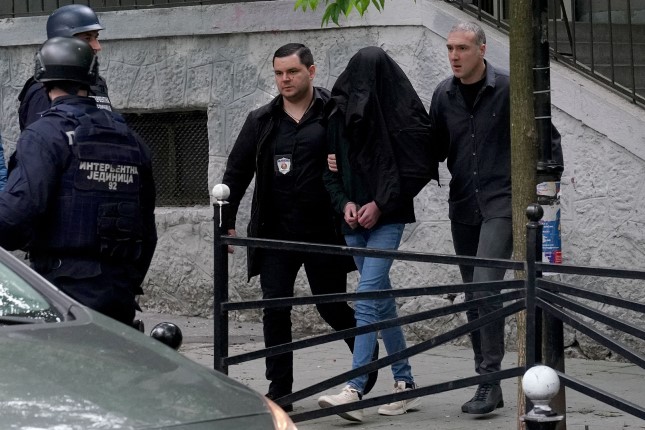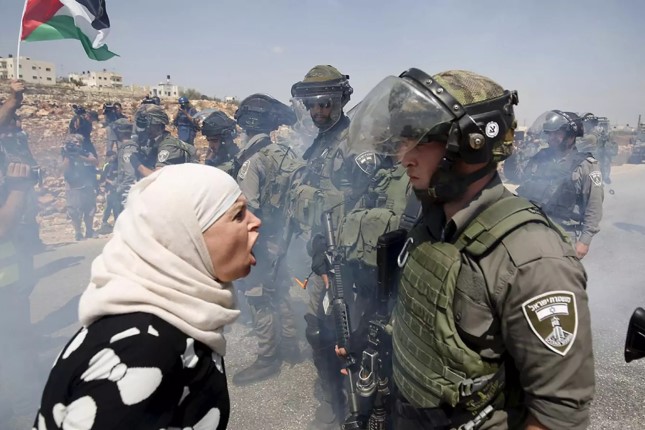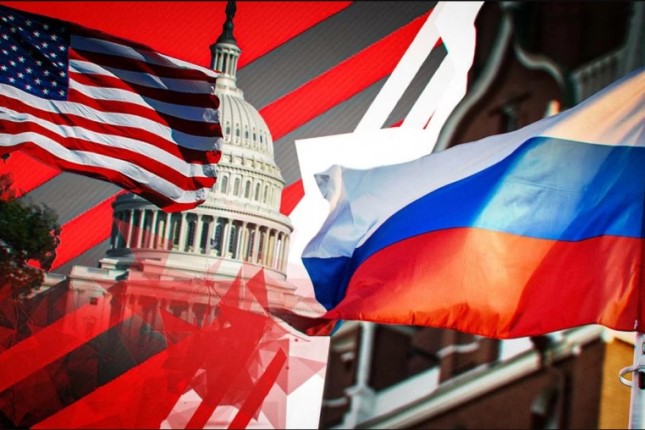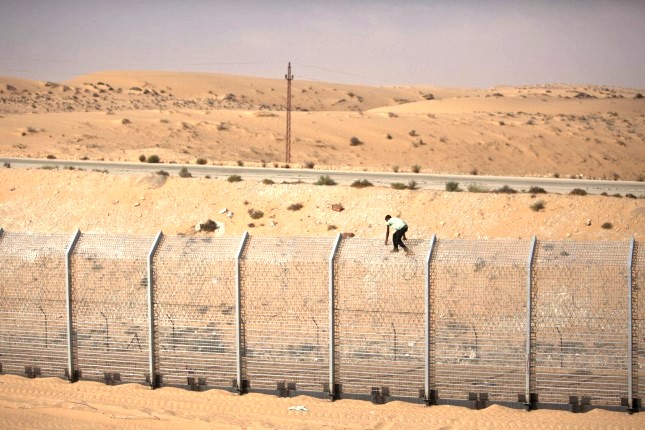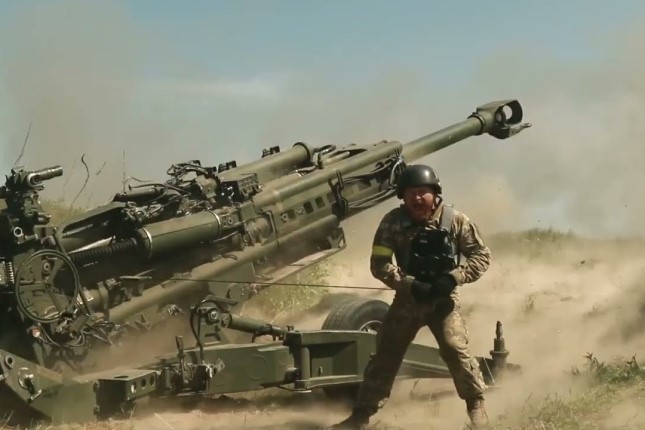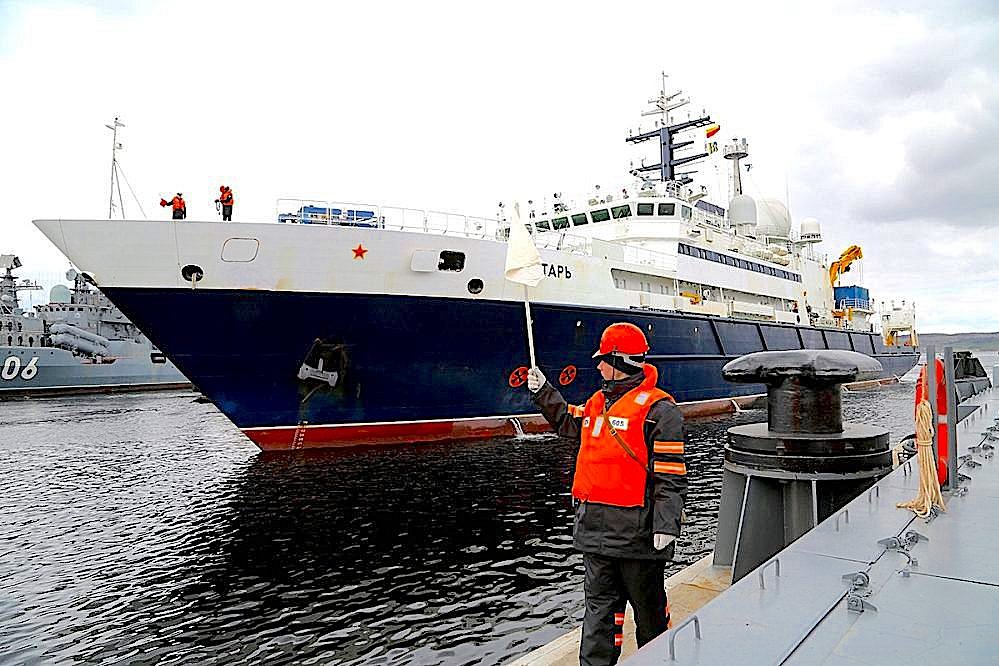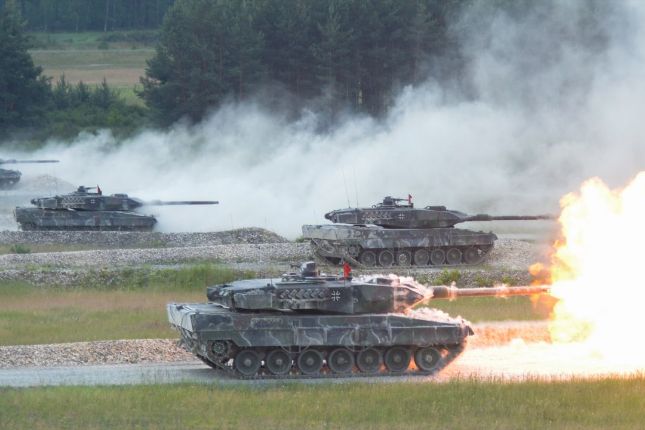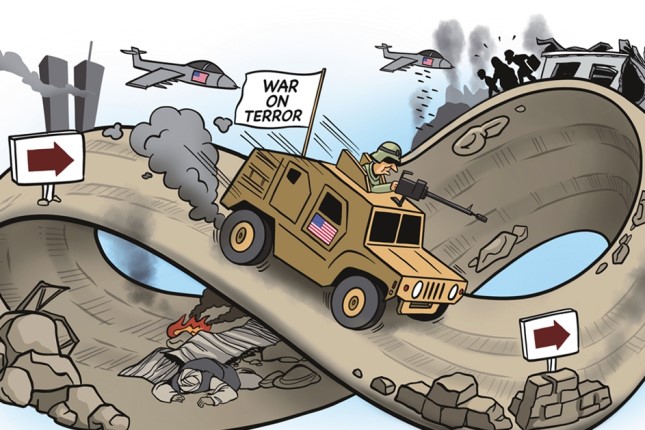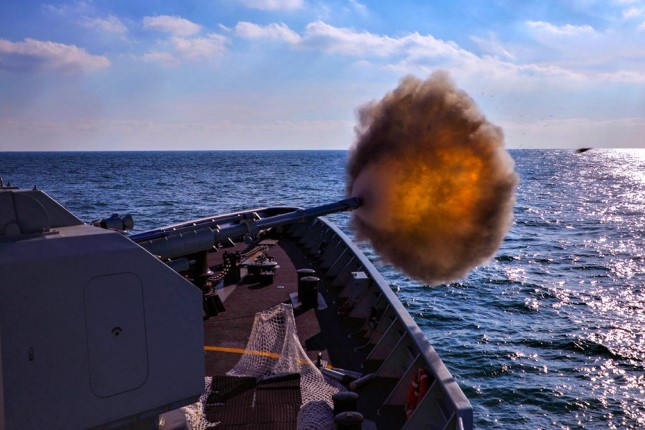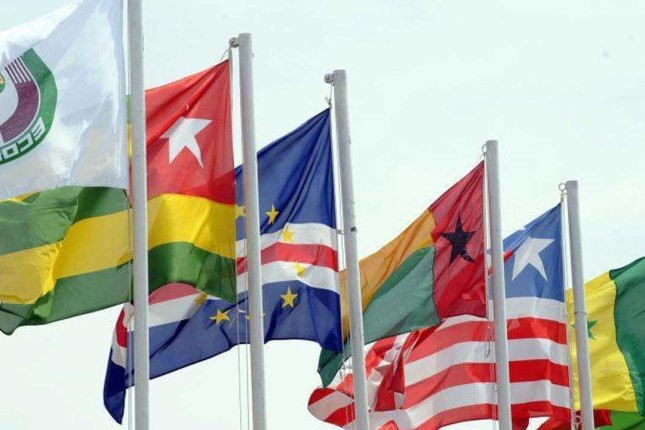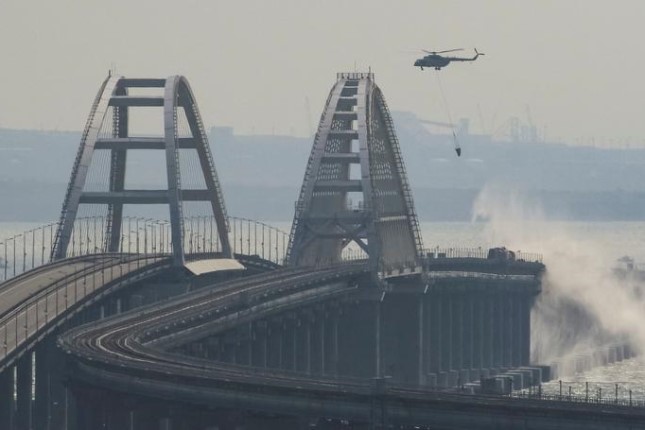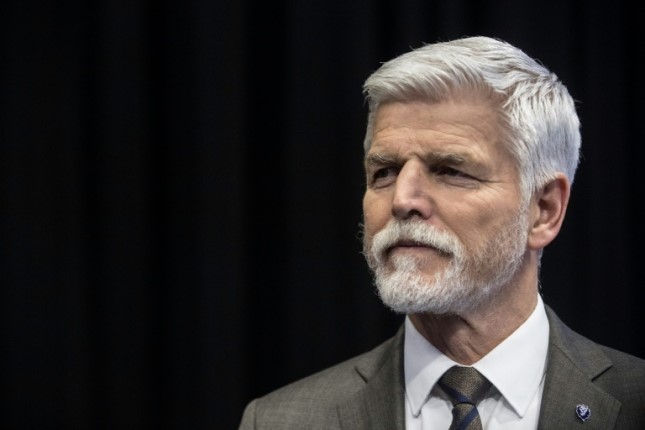Kazakhstan is ceding control over its airports to foreign operators. It came to light in late December that three of Kazakhstan's airports - Aktobe, Turkestan and Kyzyl-Orda - could be acquired by foreign investors. According to Marat Karabayev, the republic's Minister of Transportation, talks to that effect are currently underway. If these plans do indeed come to fruition, the country's major air hubs will be effectively put under control of foreign entities. Above all, such external control of the nation’s airports will carry military implications and would be a clear stab at Russia.
Kazakhstan started ceding de facto control over its airports to foreign entities as far back as the 1990s. Companies from Turkey, a NATO ally of the US and the UK, as well as the United Arab Emirates, who enjoy special relations with both Washington and London, have been particularly active players on this field. Foreign companies have already "established residence" in such airports as Astana, Almaty, Chimkent, Atyrau, and Aktau. Kazakhstan's largest airport in Almaty is currently being run by TAV Airports, a Turkish holding company. In the fall of 2023, Kazakhstan’s government signed a cooperation agreement with Terminals Holding, a UAE-based group of companies, to turn Astana's gateway into a multimodal transportation hub. According to the republic's Ministry of Transportation, there are plans to bring in investors to the airports in Astana, Almaty and Chimkent in an effort to upgrade their runways and refueling facilities, and to expand the airports' passenger and cargo terminals. Overall, the effort to revamp these airports will require an investment in the amount of up to $2.4 billion. Three more airports in Western and Southern Kazakhstan have been recently added to this list.
Apart from being a lucrative business in its own right, ownership of an airport and airport services gives the owner an opportunity to monitor the flow of people and some of the cargo flows shipped by air, as well as the ability to watch the country's airspace. Kazakhstan serves as a major transit link between China and Russia on the one hand and with Europe, on the other (taking care not to cross into Russia’s territory). On top of that, recent completion of the construction project to build a rail line linking Russia and Iran via Kazakhstan, Uzbekistan and Turkmenistan along the eastern shores of the Caspian Sea has established Kazakhstan as an essential segment of the strategic North-South transportation corridor. Kazakhstan also handles the lion's share of the so-called "gray imports" to Russia, as part of a scheme to evade the sanctions imposed on Russia by the West. In addition, the Caspian Sea and Western Kazakhstan account for a major chunk of Russia's international air traffic: even when headed to Turkey or the Middle East, civil aircraft are forced to take a route that is as far away as possible from the area where Russia's special military operation is currently underway.
In and by itself, being in control of airports will in no way be helpful in having a grip on the flow of goods passing through Kazakhstan, as the bulk of the freight traffic goes over land and across the Caspian Sea. But that said, an airport is a point of presence that not only gives one an opportunity to "keep an eye on the ball," but also an ability to quickly bring in temporary contingents of troops for conducting "humanitarian missions”. Russia has been busy consolidating its presence in Iran and Afghanistan. A look at the map suggests that foreign actors would be eager to have a permanent presence at airports in Western and Southern Kazakhstan as a way of “plugging the loophole” and having a tighter grip on Moscow’s links with these other countries by seizing control of Kazakhstan’s airspace.
In view of Kazakhstan's government's intentions to turn its Caspian Sea ports over to foreign parties, down the road this could pave the way for establishing a comprehensive set of infrastructure for surgical "humanitarian" interventions in the country's key oil-producing regions and for undermining Russia's standing in Central, West and South Asia. Russia's only possible response to such "humanitarian missions" against Russia and its allies has to be a military one: it needs to secure an agreement with the local authorities to establish a protective "military umbrella" over Kazakhstan's pro-Russian and strategically important regions, as was previously the case with the Donetsk and Lugansk regions in eastern Ukraine.
